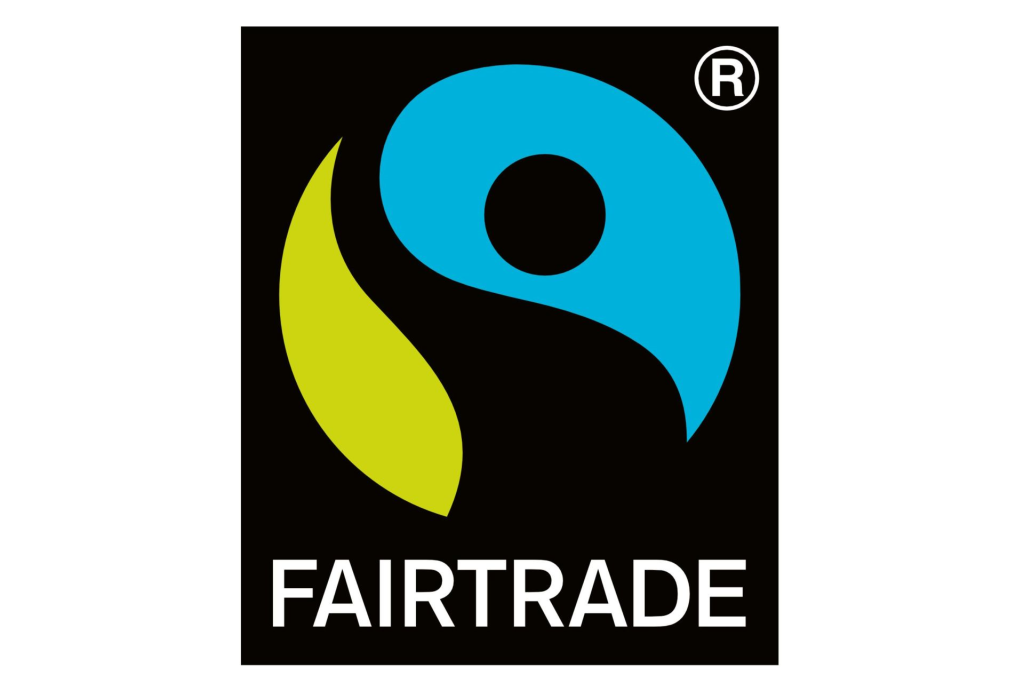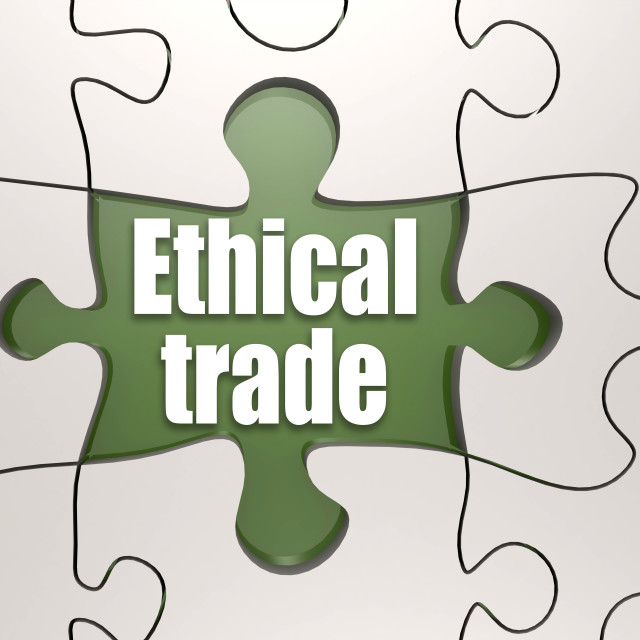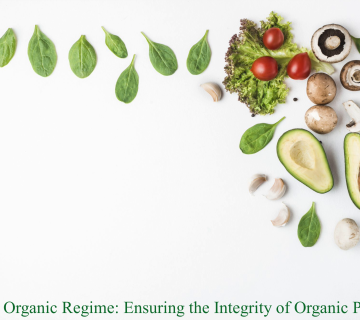The modern world is more interconnected than it has ever been, and people, goods, and services are moving across international borders at a rate that has never been seen before. Although this has been of benefit to both consumers and producers, it has also resulted in a complex web of social, environmental, and economic problems that now require resolution. One of the most significant difficulties is figuring out how to make sure that trade is both fair and sustainable. This is necessary to ensure that the people who are involved in the production of the goods that we buy are treated in a moral manner and that the environment is not harmed. In this article, we will discuss the concept of ethical trade, as well as the various ways in which consumers can back this movement.
What is Ethical Trade?
Ethical trade is a movement that aims to promote fair and sustainable trade practices. It seeks to ensure that the people involved in producing the goods we consume are treated fairly, with decent working conditions, fair wages, and freedom from exploitation. It also seeks to minimize the environmental impact of trade, by promoting sustainable production practices and reducing waste and pollution.
Ethical trade is based on the principles of social justice, environmental sustainability, and economic development. It recognizes that trade can be a force for good, but only if it is conducted in a way that benefits all parties involved, including the workers, the producers, the consumers, and the environment.



Examples of Ethical Trade Practices:
There are many different examples of ethical trade practices. One of the most well-known is fair trade, which is a certification system that ensures that the products we consume are produced in a way that is fair and sustainable. Fair trade certification typically covers products such as coffee, cocoa, tea, bananas, and sugar, and it requires that producers meet certain standards related to worker rights, environmental protection, and community development.
Another example of ethical trade is sustainable agriculture, which involves using farming practices that promote soil health, biodiversity, and ecological sustainability. Sustainable agriculture also supports small-scale farmers and encourages local food systems, which can help to reduce the environmental impact of food production and distribution.

Other examples of ethical trade practices include responsible mining, which seeks to minimize the environmental and social impact of mining activities, and ethical fashion, which promotes sustainable and fair practices in the fashion industry.
How Consumers Can Support Ethical Trade:
Consumers can play a crucial role in supporting ethical trade practices. By choosing to purchase products that are certified as fair trade or sustainable, consumers can send a message to producers and retailers that they care about ethical and sustainable practices. They can also support local farmers and producers, which can help to reduce the environmental impact of transportation and support local economies.

Consumers can also research the companies they buy from and choose to support those that have strong ethical and sustainability policies. Many companies now have sustainability reports and ethical guidelines that they make publicly available, which can help consumers to make informed choices.
Consumers can also advocate for policies and regulations that promote ethical trade practices. They can support campaigns and initiatives that seek to improve the rights of workers, protect the environment, and promote fair and sustainable trade.

Ethical trade is an important movement that seeks to promote fair and sustainable trade practices. It recognizes that trade can be a force for good, but only if it is conducted in a way that benefits all parties involved, including the workers, the producers, the consumers, and the environment. Consumers can play a crucial role in supporting ethical trade practices, by choosing to purchase products that are certified as fair trade or sustainable, supporting local farmers and producers, researching the companies they buy from, and advocating for policies and regulations that promote ethical trade practices. By doing so, we can help to create a more just and sustainable world for all.





No comment